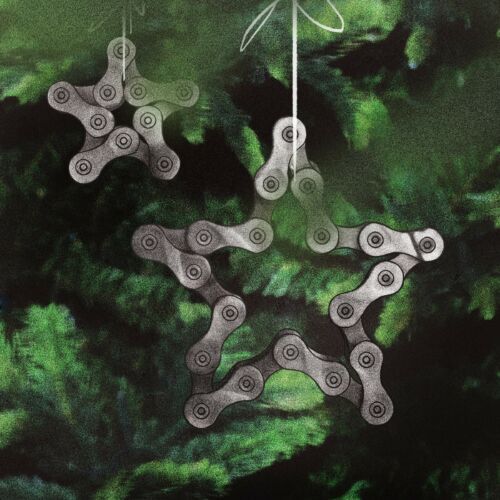Problems of Mongolian herdsmen and Ladakh nomads
Mongolian herders are facing skyrocketing energy costs and falling livestock prices. Flour and rice prices have risen sharply due to the war in Ukraine, and inflation has reached 14.5%. In addition, coal has become 40% more expensive. In Mongolia, where winter temperatures often drop below -35°C, around 60% of the population live in traditional tents, known as geras, which are not connected to the national heating and water network but are heated by coal cookers. Mongolia depends on Russia for electricity, petrol, aviation fuel, liquefied petroleum gas (LPG) and diesel, about 60% of which comes from its northern neighbour. On the other hand, China accounts for more than 80% of Mongolia’s total exports, 60% of its imports and more than 40% of its GDP.
Located between India, Pakistan and China, the Ladakh region has faced both territorial disputes and the severe effects of climate change (floods, landslides and droughts). Thousands of nomads in Ladakh have been at the centre of these changes, compounded by border conflicts and shrinking grazing land. This has forced hundreds of people to migrate mainly to urban settlements while others are working to make it a better place to live. “We have had an unprecedented melting of glaciers this year,” said Prof Shakil Romshoo, a leading glaciologist the Earth scientist. His team has been studying seven glaciers in the Kashmir and Ladakh Himalayas for the past nine years, but an unusually large amount of snow and ice has disappeared this year. Drang-Drung, Ladakh’s second-largest glacier, has melted 5m (197 inches) this year, compared to an average of 1m (39 inches) per year over the past few years. Experts say the higher melting is influenced by, among other factors, local pollution, which has worsened due to the region’s militarisation.

























